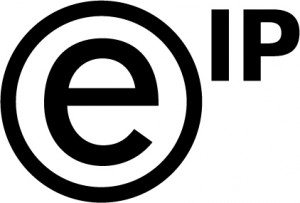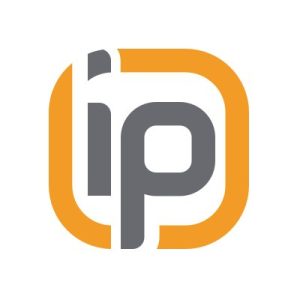I first heard about patent law between my second and third years at university but really started having serious thoughts about pursuing it as a career during my master’s year. By this point, I’d had a bit of experience in both industry and research through various summer jobs and placements, as well as my master’s project, and had decided that neither area particularly appealed to me careers-wise. In contrast, the opportunity to keep learning about different fields of technology and maintain a broader knowledge base was a real draw to the patent profession.
Fortunately, I had a number of friends on my course who had also reached the same conclusion and so the burden of researching firms through resources like IP Careers was one we could share. Knowing that the profession was quite a small one, I applied to as many firms as I could and was lucky enough to receive interviews at a few. Of the interviews, I felt immediately at ease at Keltie, with the interview feeling more like any other conversation and so I was delighted when they offered me a position in their Engineering group as a Patent Assistant.
I’ve been at Keltie for just over a year and a half now and have been able to get involved with work for a number of different clients in various technology areas. Trainees at Keltie get the opportunity to work under a number of different supervisors and so get exposure to different styles of working, which I find helps in developing your own unique style of writing that works for you. People sitting around you, even if they’re not involved with a case you’re working on, are always happy to answer any questions you might have.
As an example, a typical day might involve any of these activities:
- Drafting a new patent application for a client.
- Writing a response letter to an examination report issued by the Intellectual Property Office or European Patent Office or corresponding with an overseas agent about a client’s application in that country.
- Discussing a case with a supervisor, either regarding the strategy with which to approach a case or going over a draft piece of work.
- Corresponding with a client about their portfolio.
Outside of day-to-day work, I was also able to get involved with organising the Intellectual Property Ball, which is a yearly event for approximately 300 people in the IP profession that the Chartered Institute of Patent Attorneys (CIPA) help to support. We raised over £12,500 for Great Ormond Street Hospital, which we were really pleased with after the hard work. It’s often relatively new trainees who are on the IP Ball Committee and so a massive positive of the experience was being able to get to know other people at different firms.
The job can definitely be challenging at times. It is heavily deadline driven and on a daily basis you need an ability to understand and digest many different technologies, many of which will be at least somewhat unfamiliar to you. The legal side of the job also has a steep learning curve. However, the challenge is one I am continuing to enjoy thoroughly. The support and general environment at Keltie is one of the biggest factors behind this and so I’d really recommend it as a place to start your career in IP.







